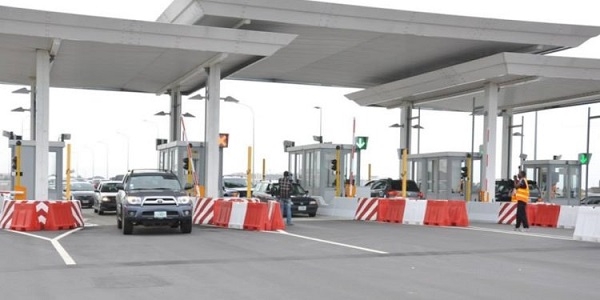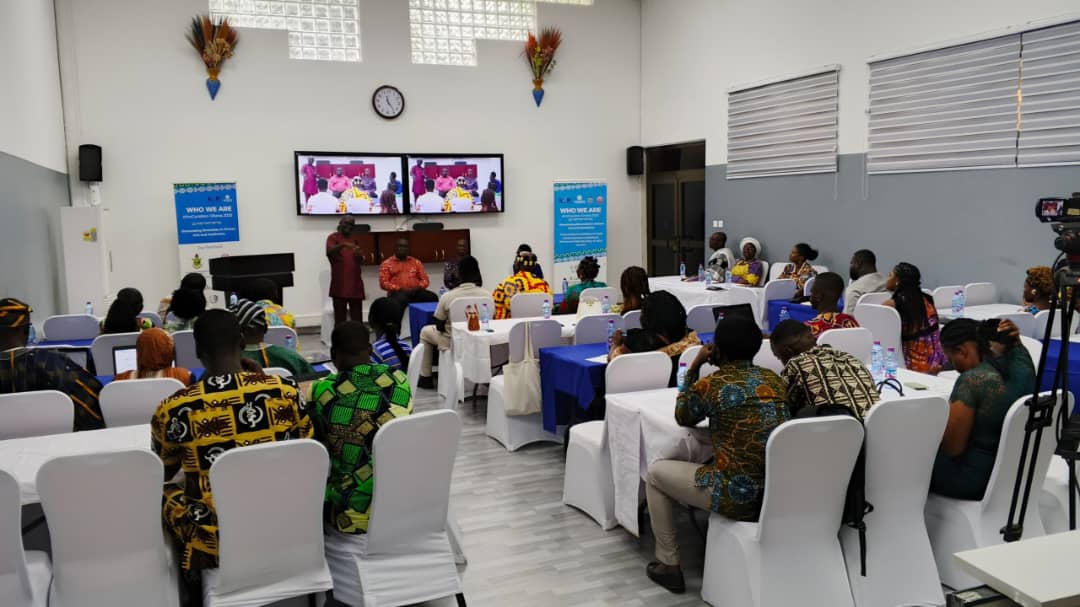Nigerian engineer leads agricultural robotics innovation for Africa
In the heart of Silicon Valley, California, amid the world’s most advanced engineering labs, a Nigerian automation and robotics engineer is developing technology that could one day transform how African farms grow and harvest food.
Michael Aboh, a mechanical engineering graduate from the Federal University of Agriculture, Abeokuta (FUNAAB), and a master’s degree holder in Robotics and Automation from Santa Clara University, is building the foundations of a new era in agricultural automation. His vision extends far beyond California or the United States.
While many engineers chase the spotlight of flashy tech, Aboh has focused on a quieter, often overlooked crisis: Africa’s agricultural productivity gap. His groundbreaking work in developing multi-robot collaboration technologies—robots that autonomously coordinate with one another on farms—has the potential to double food production in countries like Nigeria, where mechanisation remains desperately low.
At Santa Clara University, Aboh spearheaded a project that explored the use of multiple autonomous agricultural robots working in coordinated patterns using vision-based algorithms and stereo cameras. These robots operate in a leader-follower dynamic: one “leader” robot sets the pace, while other “follower” robots autonomously track its position using visual markers, enabling seamless coordination in planting, watering, or harvesting tasks.
“This isn’t just a robot that drives through a field,” Aboh explains. “It’s a system of robots that think and work together, autonomously. That’s a huge leap forward, especially in agriculture where so much is repetitive, spatially structured, and labour-intensive.”
The robots are also equipped with autonomous docking capabilities, allowing them to independently return to service stations for water refills or charging, marking a significant step toward sustainable, uninterrupted farm automation. This innovative system is currently being deployed and tested across multiple farms in San Jose, California, as part of ongoing data collection and refinement. The research findings were showcased at the 2023 American Society of Mechanical Engineers (ASME) IMECE Conference, where Aboh’s contributions were acknowledged as a critical component. In recognition of this groundbreaking work, he received the Best Master’s Research Award from Santa Clara University’s School of Engineering in 2023.
Despite being Africa’s largest economy, Nigeria still suffers from agricultural underperformance. According to the FAO, the country’s mechanisation rate is below 1.5 horsepower per hectare—far below the global average—and contributes to post-harvest losses as high as 50%. With a growing population and shrinking arable land per capita, the need for high-efficiency farming is more urgent than ever.
“Automation isn’t optional anymore, it’s the only path forward,” Aboh says. “And if we can get autonomous robots to collaborate on U.S. farms, there’s no reason they can’t do the same in Kano, Kaduna, or Oyo.”
Aboh’s technical acumen didn’t go unnoticed. The same skills he applied to agricultural robotics—vision systems, control algorithms, sensor integration, and real-time feedback—became the foundation for his roles in advanced manufacturing automation at Tesla and now Apple.
At Tesla, he worked on automating precision manufacturing processes for electric vehicles. At Apple, he continues to push the boundaries of smart manufacturing systems that support some of the most advanced consumer electronics in the world.
“Tesla and Apple gave me the platform to refine and scale the skills I built in agricultural automation,” he says. “But the end goal has always been bigger than products. It’s about building systems that solve problems, whether in a high-tech factory or on a maize farm in Ogun State.”












